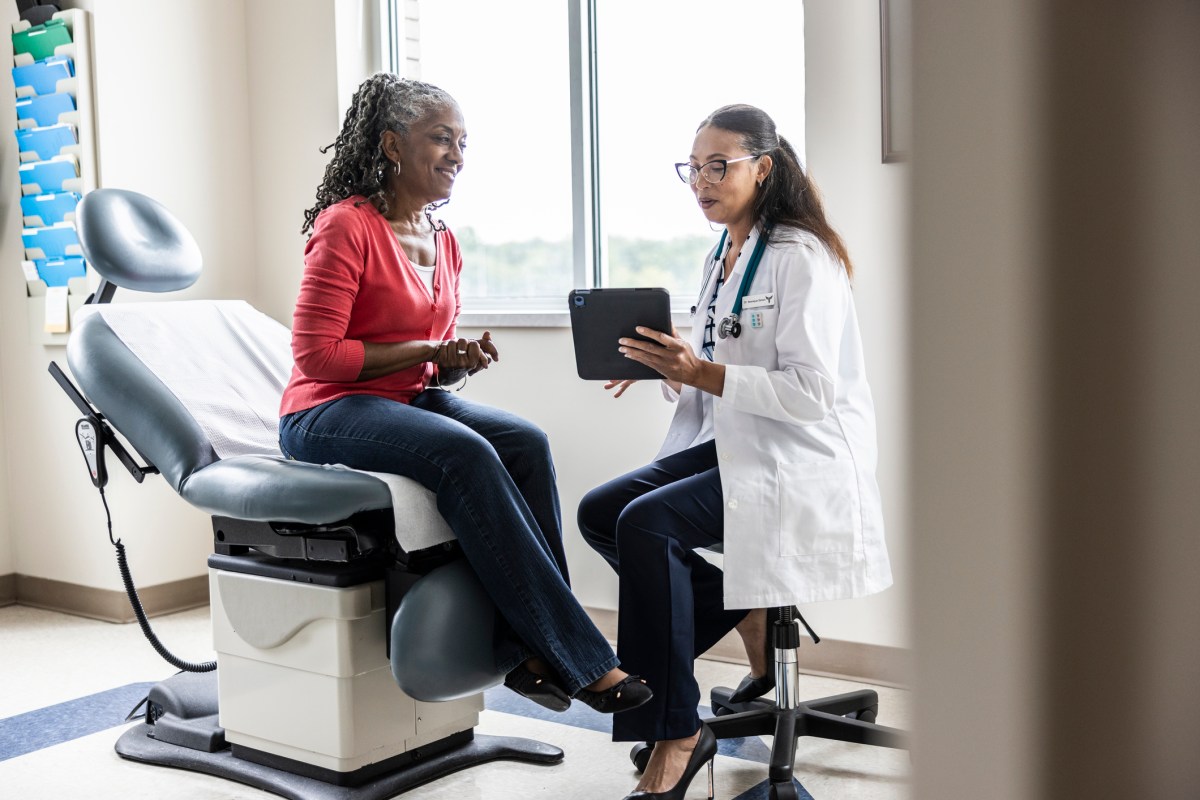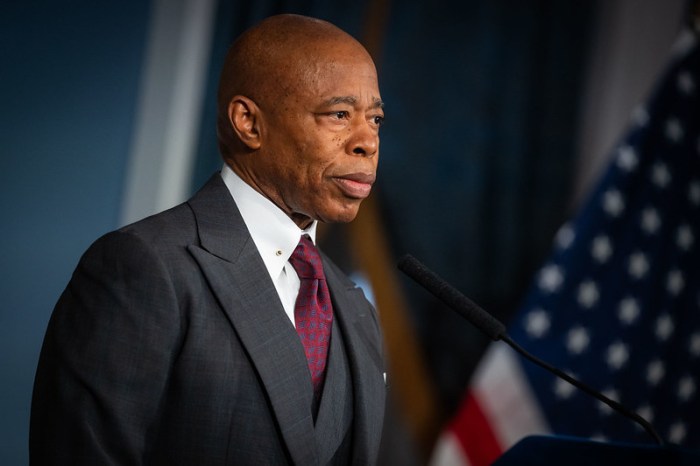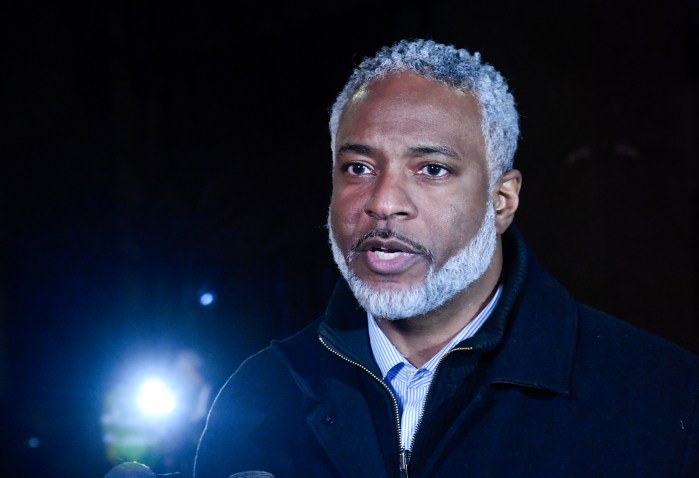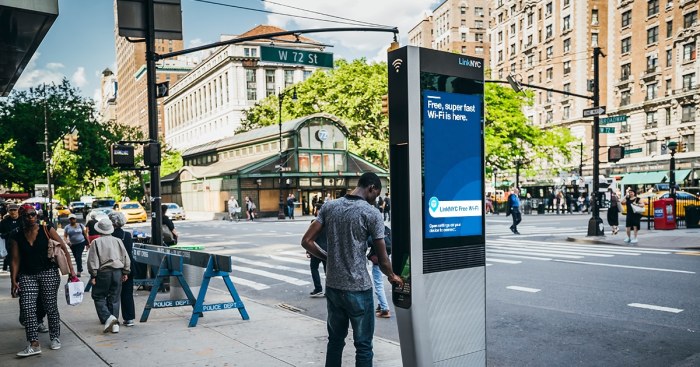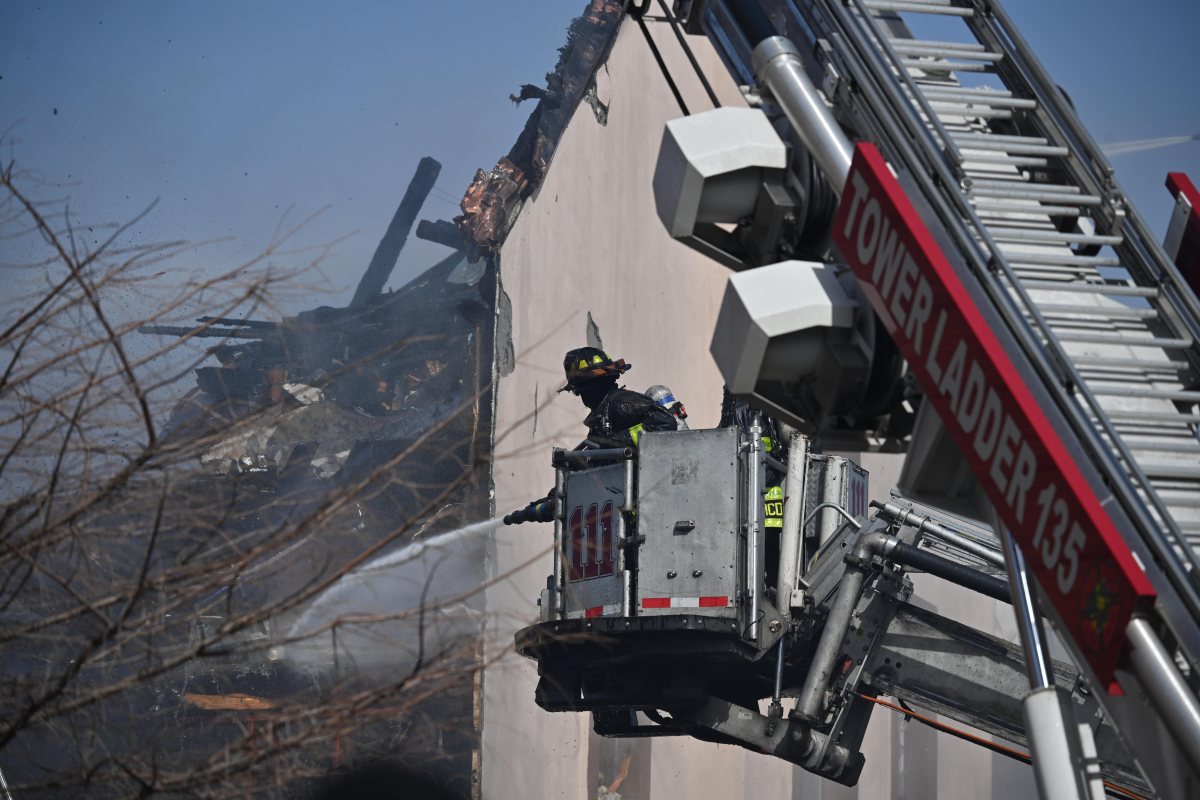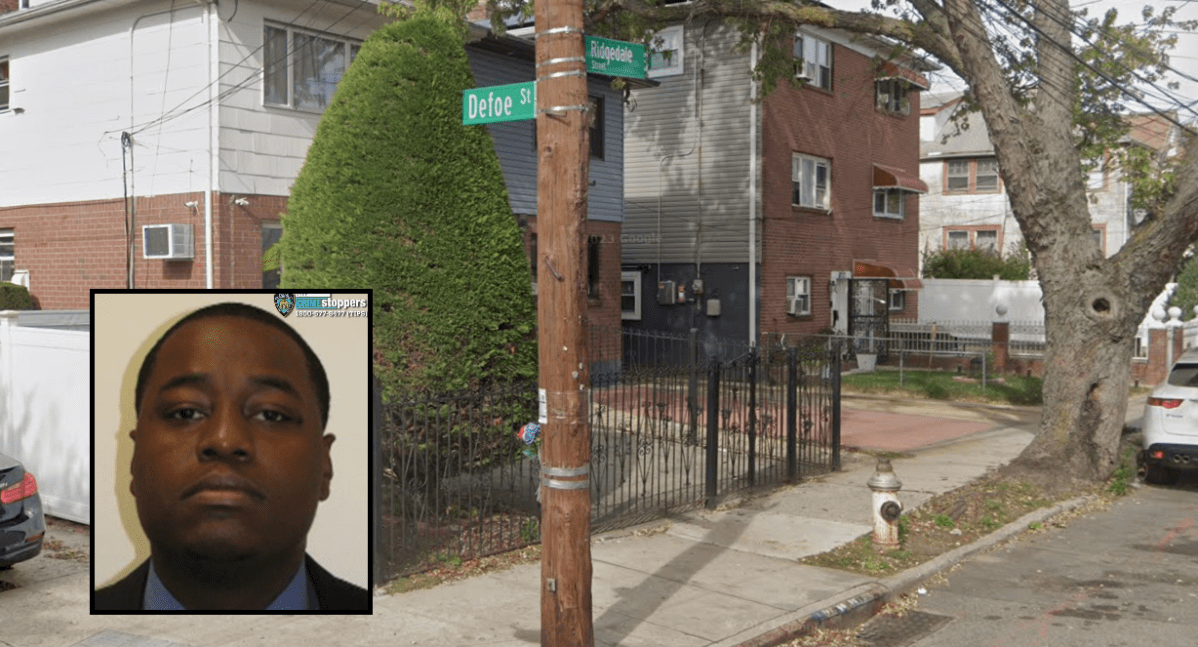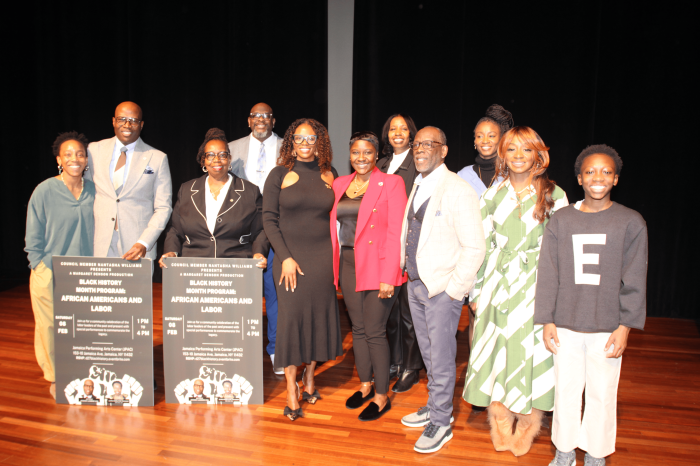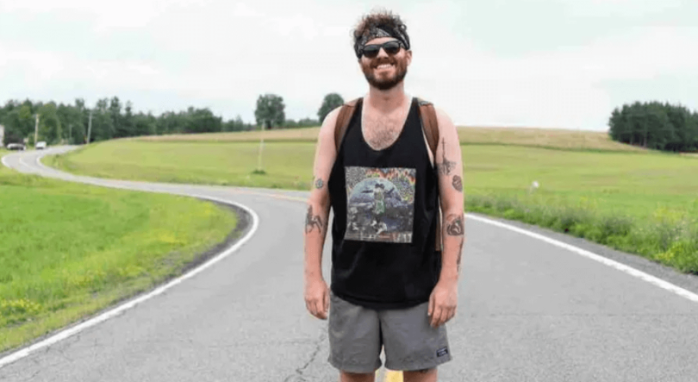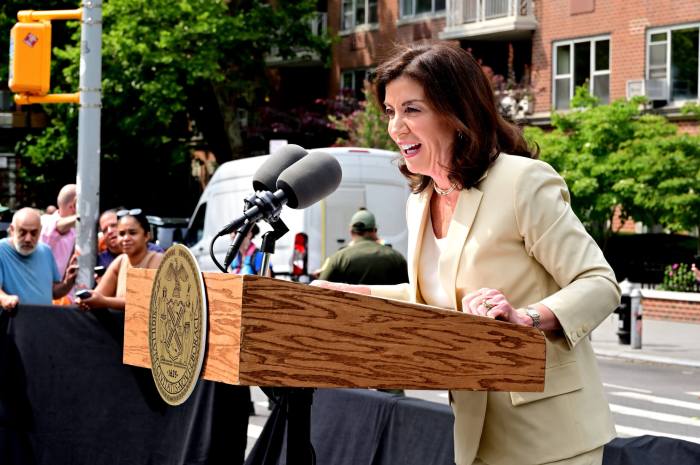As we mark the five-year anniversary of the start of COVID-19 in New York this March, it’s a stark reminder of the power of investment in public health. The public dollars invested in COVID-19 protection and treatment of New Yorkers were priceless.
From 2020 to 2022 alone, New York City’s historic COVID-19 vaccination campaign prevented an estimated 48,000 deaths, 300,000 hospitalizations, and 1.9 million cases. Every $1 invested in vaccination saved over $10 in costs that would have been incurred without vaccination.This lifesaving work and economic return would not have been possible without public dollars and political commitment.
That is why it is deeply troubling that another vital public health investment known as Article 6 was stripped from New York City in 2019. It needs to be restored by Governor Hochul and the Legislature.
Article 6 is a critical source of funding for core public health activities. These include safeguarding our drinking water, curbing diseases like tuberculosis, and preventing outbreaks through vaccination. It also finances doulas caring for pregnant moms, and naloxone distribution to prevent overdoses.
Yet in 2019, New York State slashed Article 6 public health funding to New York City from a 36% state match on the local dollar to 20%. This cut was to New York City only. Since then, the City has lost upwards of 90 million dollars a year in funding for health services. Community-based providers and organizations such as Planned Parenthood of Greater New York also saw their funding drastically cut when the Article 6 match was reduced.
If parity with the rest of the state were restored for Article 6, tens of millions of dollars would flow to essential public health activities. This would also support the types of jobs we need for New Yorkers: nurses, community health workers, and laboratory technicians.
New York State has an obligation to support the health of all New Yorkers — including the one-third who live in New York City. New York City also has the most low-income individuals and the largest population of Black and Latino New Yorkers in the state.
This is an issue of basic fairness and good governance. State Health Commissioner James McDonald, to his great credit, acknowledged the discrepancy in funding between NYC and the rest of the state as a “disparity.” We have a chance to redress it.
Diseases do not respect county or state borders. We are already seeing how misinformation has affected childhood vaccination rates, which are down in New York City, New York State, and across the country. This is alarming given the increase in measles cases seen across the U.S.
We stand at a crossroads, when vital public health funding is in the crosshairs in Washington, DC. This is no time to continue denying the residents of New York City their fair share of resources from the state.
This year’s State budget is an opportunity to prioritize public health — and thereby save lives and livelihoods. As we move into a period of unknowns at the federal level, it is important that together the City and State reassure New Yorkers that their health is worth investing in.
Dave A. Chokshi is a physician at Bellevue Hospital and a professor at the City College of New York. Previously, he served as New York City’s health commissioner.
Oxiris Barbot is President and CEO of the United Hospital Fund. Previously, she served as New York City’s health commissioner.
Ann Kurth is President of the New York Academy of Medicine.
Ayman El-Mohandes is Dean of the CUNY Graduate School of Public Health & Health Policy.
Uché Blackstock is Founder and CEO of Advancing Health Equity.
Chanel L. Porchia-Albert is Founder and CEO of Ancient Song Doula Services.



